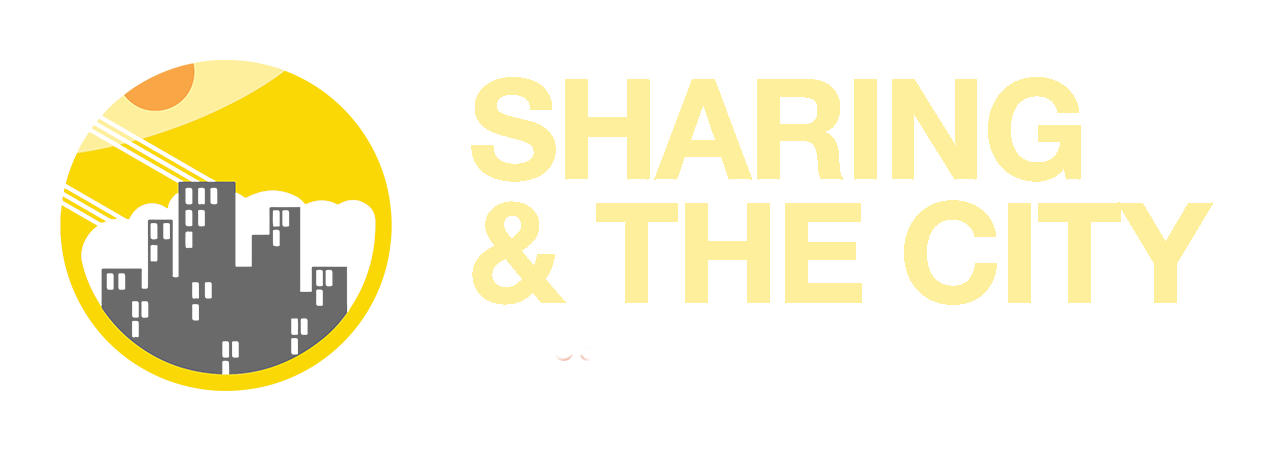Sharing Economy in Lund
Elly Zarzyski, Elsa Jensen and Anna Mollen (left to right) from the University of Virginia, USA, present their ideas to Lund municipality on how it can work more strategically with sharing.
Sharing and the City PI Yuliya Voytenko Palgan and a project leader for Climate Neutral Lund at Lund municipality Thea Ohlander Arfwidsson supervised the research performed by three students from the University of Virginia, USA, on the sharing economy in Lund. Elsa Jensen, Anna Mollen and Elly Zarzyski conducted a survey and intercept interviews with Lund residents to evaluate their interest to participate in the sharing economy activities to reduce consumption.
Findings revealed peoples’ current awareness of the sharing economy, their favoured methods and goods for sharing, and their highest priorities and concerns in participating in the sharing economy. Survey participants have little to moderate amount of knowledge about existing sharing economy resources in Lund, with some groups knowing less. Repairing, selling/buying second-hand, and renting from an organisation were the most preferred ways to participate in the sharing economy. Beyond behaviour, there is convergence between people’s most unused items and ones they want to share, as well as items they currently don’t share, but can imagine sharing. Current sharing patterns for these behaviours and goods remain consistent across demographics, except for varying levels of interest between genders and age groups. Convenience, hygiene, and legitimacy are the main considerations for residents when considering participating in sharing.
Elsa, Anna and Elly in their report provide recommendations to Lund municipality on how to strategically advance the sharing economy by undertaking regulator, host, matchmaker and communicator role from the municipal governance framework by Yuliya Voytenko Palgan. Specifically Lund municipality can regulate, enable, and provide convenient and legitimate sharing by creating ‘Standards of Sharing,’ a sharing economy webpage, and sharing events. Lund municipality can also create clear expectations and standards for sharing economies that bring security and elevate quality to attract more participants. It can organise sharing events for the public to learn more about sharing and circular consumption while securely and conveniently sharing goods. The municipality can also create a digital platform that includes links to verified organisations and detailed educational resources to learn more about what the sharing economy entails and its direct benefits. Lunds municipality strives to be a city with successful sharing economy, and can advance its goals by empowering the interests of residents and existing organisations to offer convenience, build legitimacy, and ensure trust within the sharing economy.
Read the full report SHARING ECONOMY IN LUND: Surveying citizens on interests for sharing to reduce consumption here.


